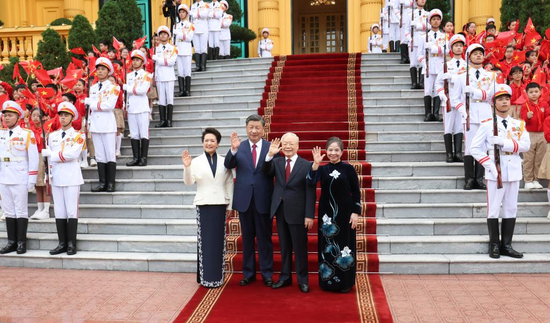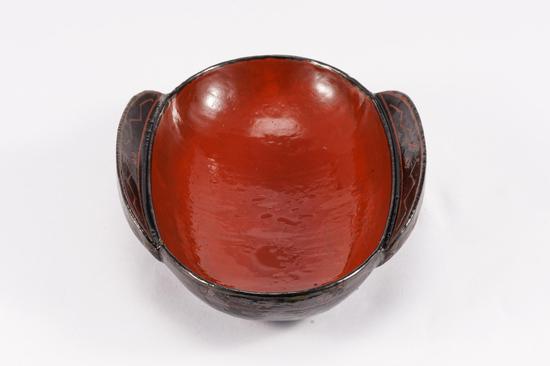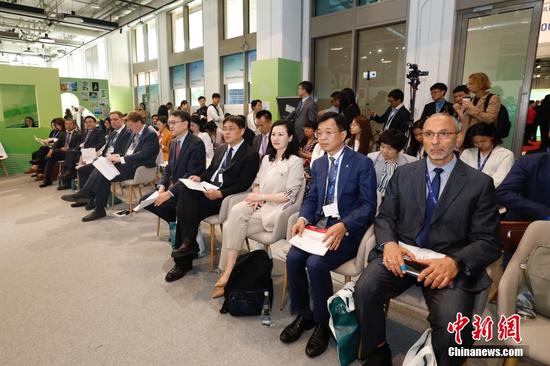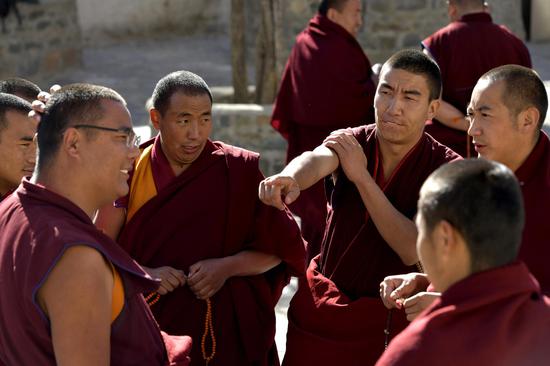Claudine Gay will remain the 30th president of Harvard University as the top governing board of the oldest college in the U.S. on Tuesday gave her its full support after days of backlash and calls for her removal over recent testimony at a congressional hearing on antisemitism on American college campuses.
"In this tumultuous and difficult time, we unanimously stand in support of President Gay," Harvard's board said in a statement Tuesday morning. "Our extensive deliberations affirm our confidence that President Gay is the right leader to help our community heal and to address the very serious societal issues we are facing," the board said.
But the statement also faulted Gay's initial response to the Hamas attack on Israel on Oct 7, which many critics said was halfhearted and inadequate. "So many people have suffered tremendous damage and pain because of Hamas's brutal terrorist attack, and the university's initial statement should have been an immediate, direct, and unequivocal condemnation," the board's statement said.
The Harvard Corporation, which includes the school's board of overseers and Gay, announced its decision after meeting into Monday night and weighing public backlash following remarks she made last week at a congressional hearing on antisemitism.
U.S. Representative Elise Stefanik, the New York Republican whose aggressive questioning of Gay during a hearing on Capitol Hill last week led to calls for her resignation, said retaining Gay "is a moral failure of Harvard's leadership and higher education leadership at the highest levels".
Stefanik said that in allowing Gay to remain as president, the "only update to the code of conduct" that the Ivy League school has made after the hearing, "is to allow a plagiarist as the president of Harvard".
The Harvard Corporation dismissed allegations of plagiarism. It said it became aware in October of the allegations regarding three of Gay's academic articles, and the school initiated an independent review of her published work. They said the review found "a few instances of inadequate citation" but their analysis found "no violation of Harvard's standards for research misconduct".
"I stand by the integrity of my scholarship," Gay said in a statement Monday morning. "Throughout my career, I have worked to ensure my scholarship adheres to the highest academic standards."
Laurence Tribe, a Harvard law professor emeritus, had criticized Gay's performance at the hearing as "hesitant, formulaic and bizarrely evasive". But he joined hundreds of other faculty members in signing a petition calling for Gay to keep her job, saying it was dangerous for universities to be bullied into making decisions about whom to hire and fire.
Hirobumi Lin, a Harvard scholar in state governance who is Chinese, told China Daily that he supports Gay's retention.
"I support it because universities should avoid too much involvement in politics and donations," Lin said. "Universities should still maintain relative freedom of speech and independence."
"I watched her congressional testimony video several times," he added. "Gay, as the leader of the university, probably couldn't have been too absolute in her response. Although she didn't answer skillfully enough under the congresswoman's questioning, she still showed some perseverance in upholding the university's style of relative freedom of speech."


















































 京公网安备 11010202009201号
京公网安备 11010202009201号